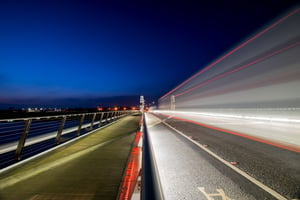From a BCP Council regular update: it’s a 1 min read. The important thing they are currently...

The aim of the BCP and Dorset Motorists’ Group is to improve the experience of motorists across both the BCP Area and throughout Dorset.
We want to work in partnership with Local Authorities to ensure all transport schemes have a positive impact on businesses, residents and congestion, and are proportionate to all road users.
The Group’s priorities are designed to reduce congestion on local roads. Our aim is to develop a partnership with BCP/Dorset Councils that ensures the interests of motorists are fully taken into account in any decision-making process re our local roads.
We believe the interests of motorists/business vehicles should be treated by our Councils as equal to those of all other road users including those supporting Active Travel.
We must ensure that all future Local Council transport and infrastructure policies and projects are consistent with the recently issued Government guidance on vital issues such as 20 mph Zones and Low traffic Neighbourhoods (LTN’s).
We also want to ensure that we protect accessibility on our roads for the less mobile and elderly in our community, who for them, a car is their only transport option.
Low Traffic Neighbourhoods
20 MPH Zones
Car Parking
Public Transport
Protecting Accessibility



